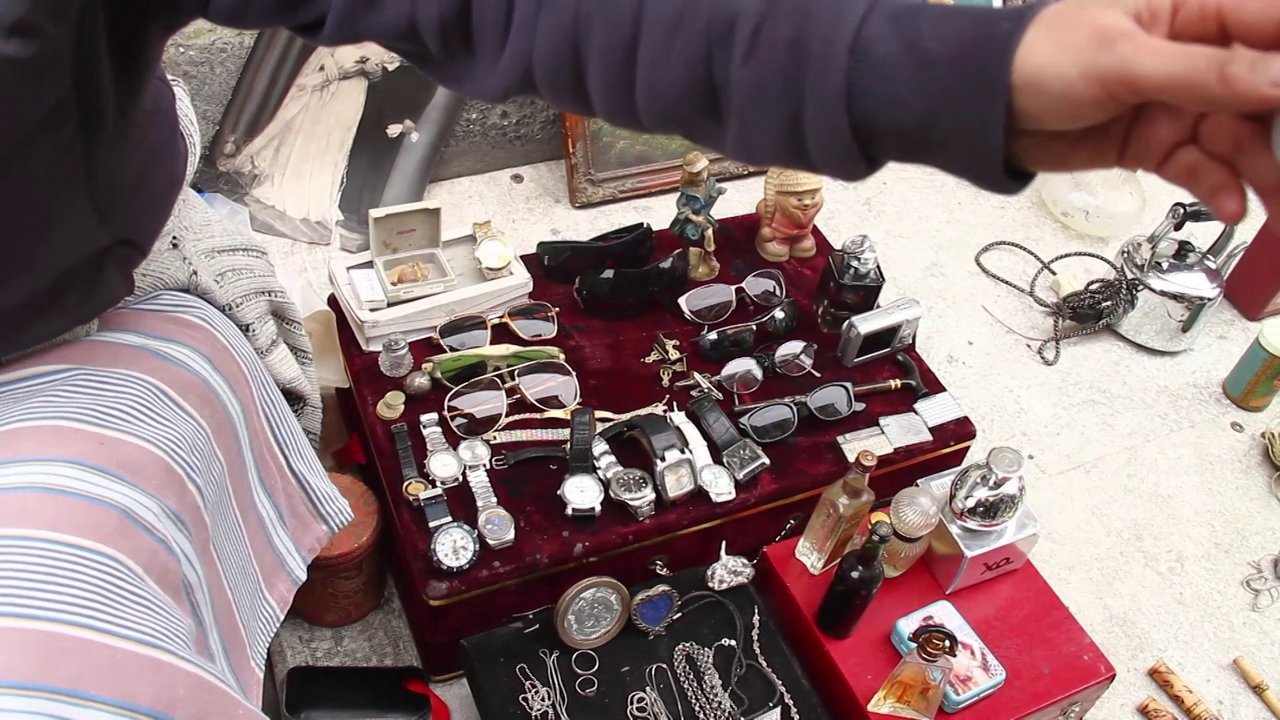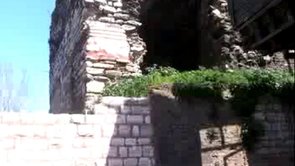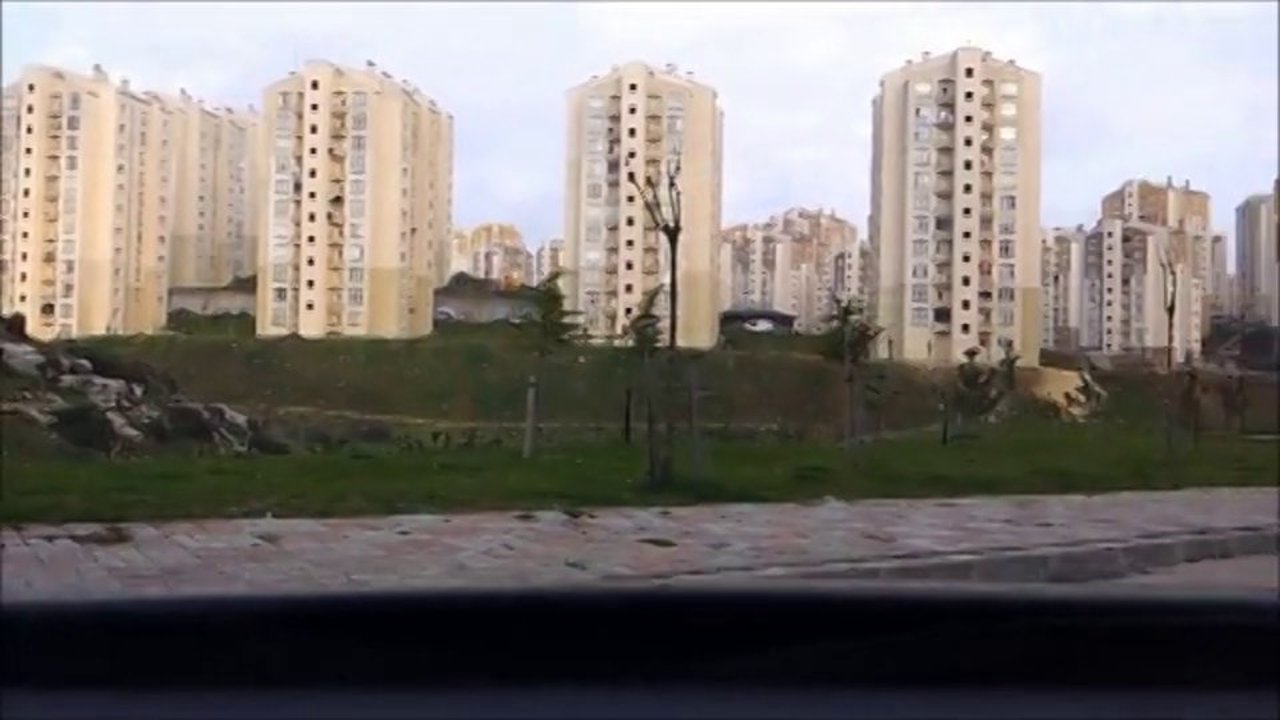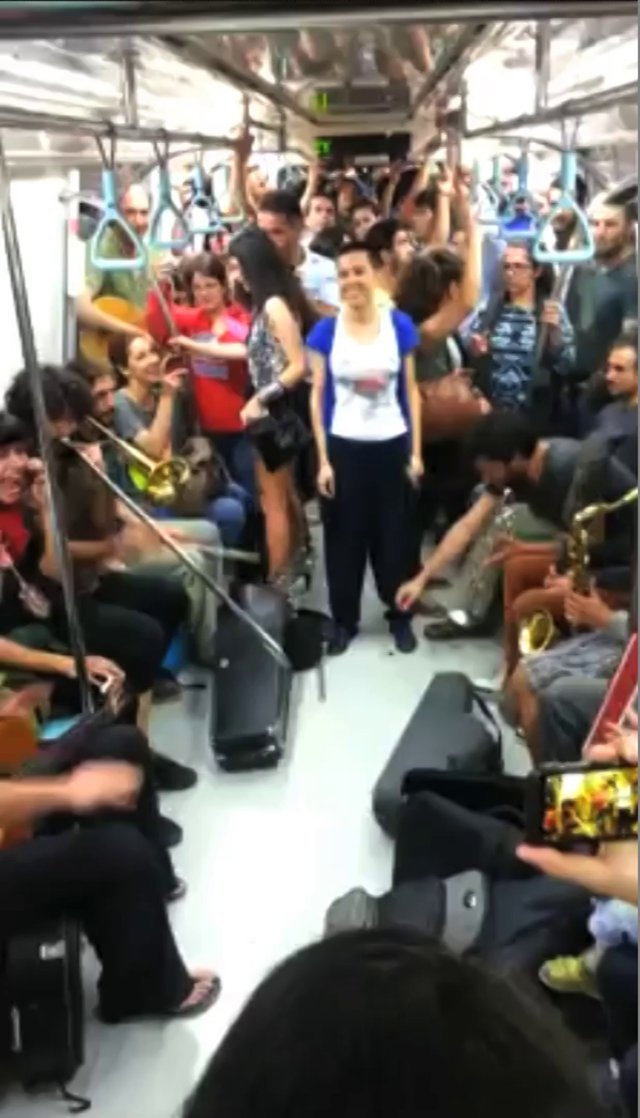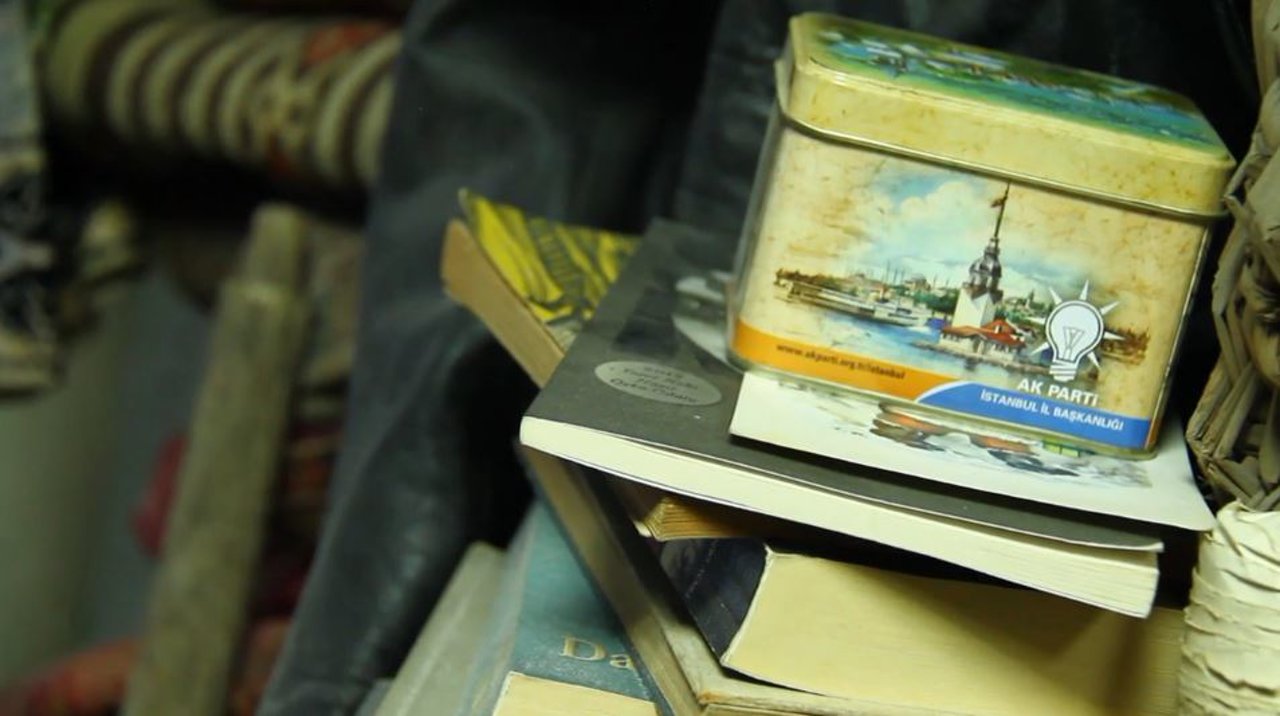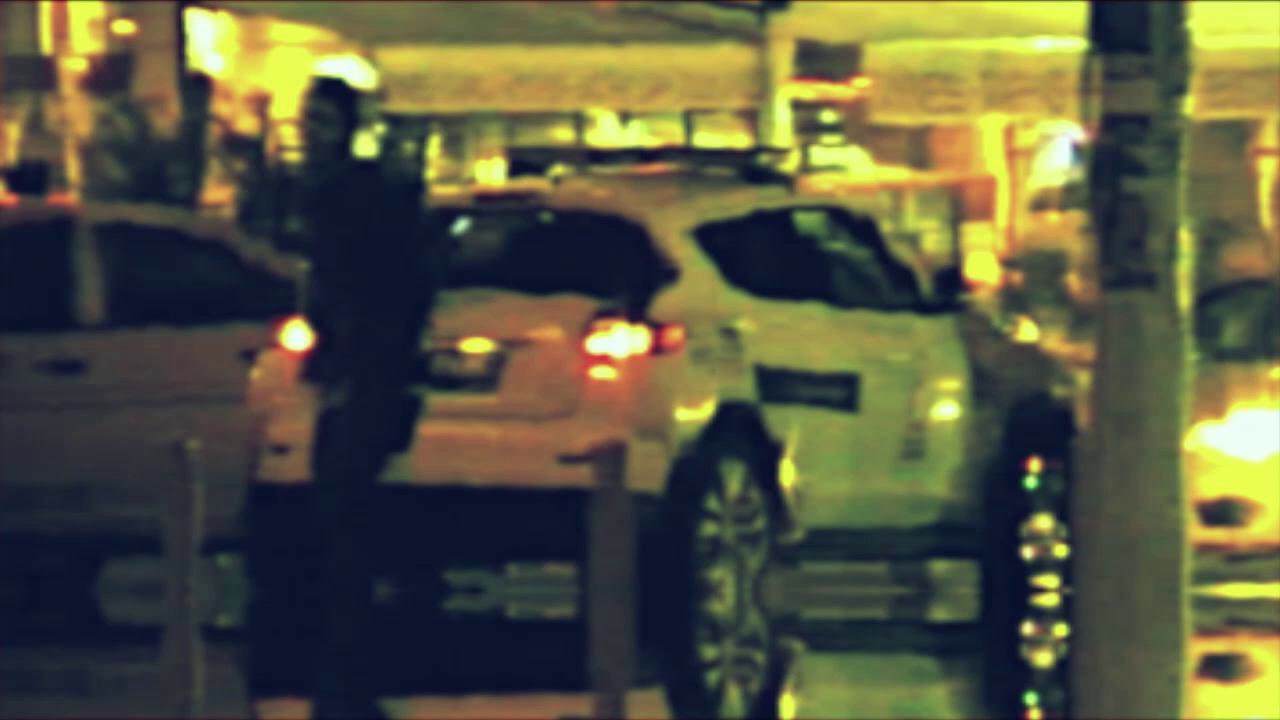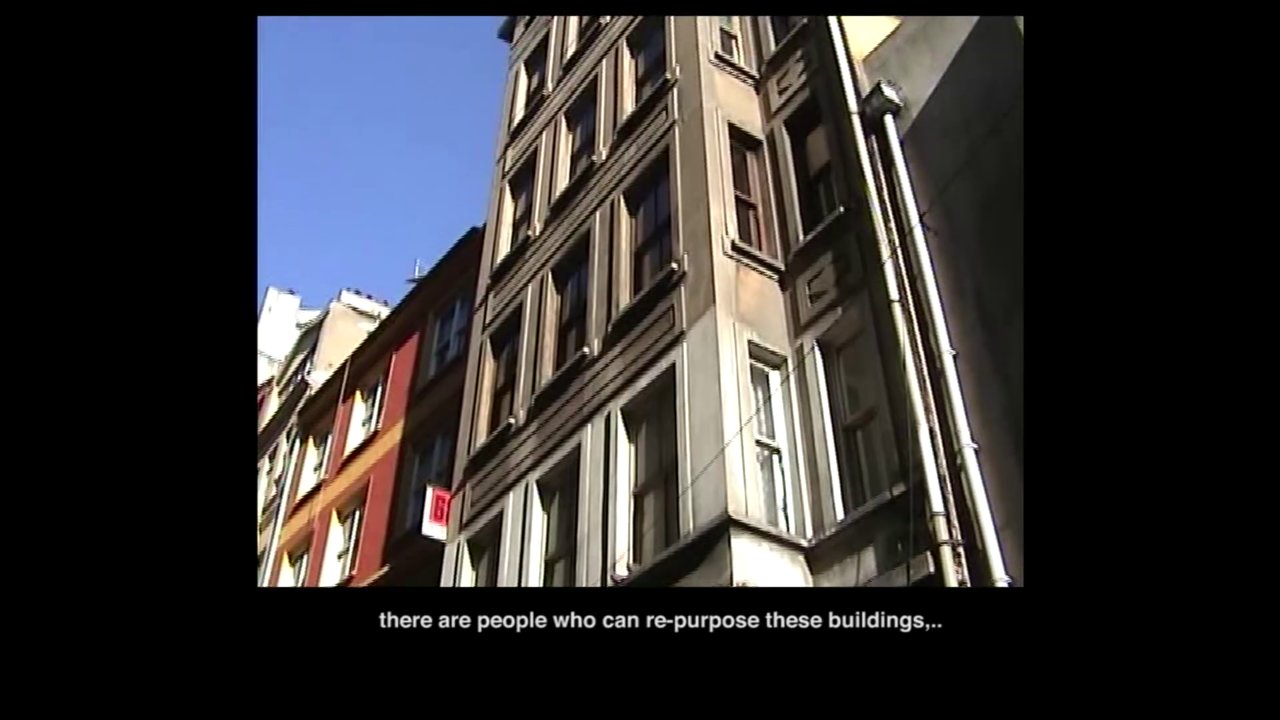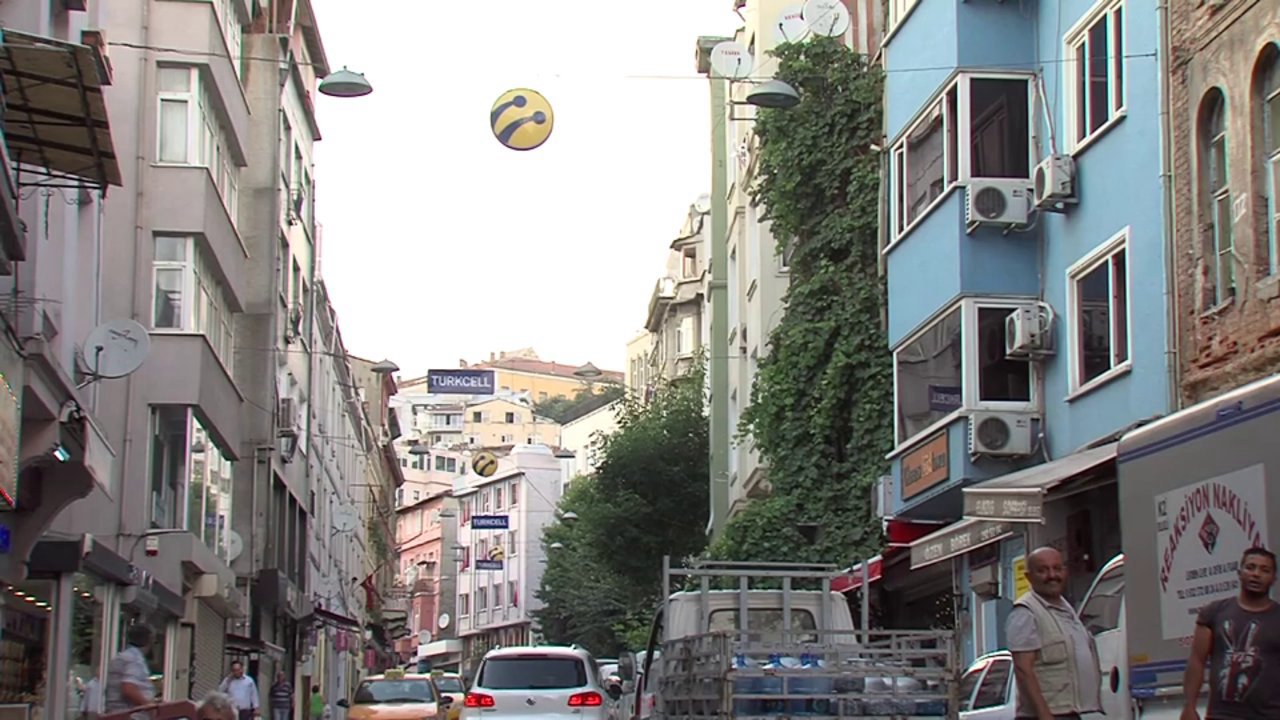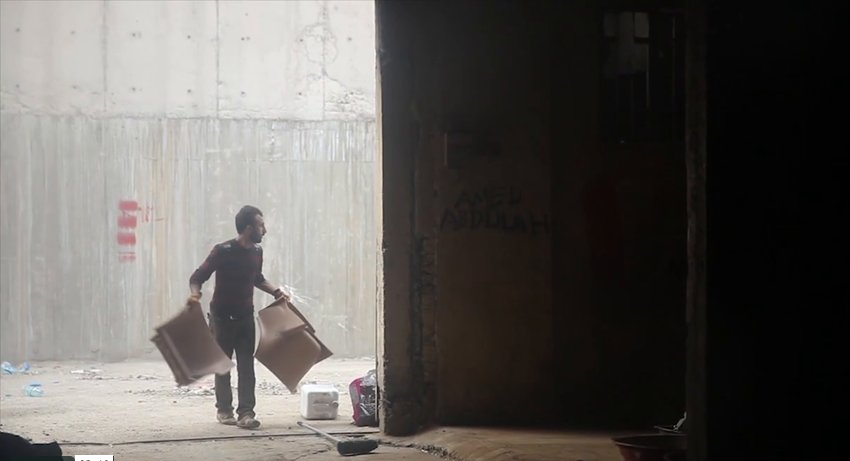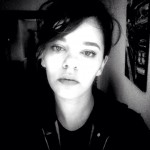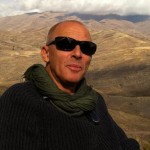Forced Migration
The number of displaced people, who had to flee from the terror in their home countries, reached a terrifying dimension: according to UNHCR, the 4 million-mark of Syrians who had to leave their homes in Syria, has been exceeded. In the last few years most of them found hosting in the neighbouring countries like Turkey, Lebanon or Jordan. There they have to live under tough conditions due to migration, no hope for an immediate return and the challenge to adjust to the new environment. Moreover the difficult daily life conditions make it hardly possible to handle the traumatic experience or to share it with the environment. Furthermore in recent times, as on September 2015, the current development became more and more chaotic within the European Union. The world never experienced this kind of mass migration and unorganized move of refugees since World War II, which was initiated by the nationalists in Germany.
Re-Thinking the World Order
Each day a great mass of refugees is trying to enter European countries – and therefore risking their lives everyday. Within Europe they find themselves confronted with a system that is not yet able to handle the current situation, still needing more time to change their infrastructure and their way of thinking. The European Union and the global community slowly disrupts on its idea of the state as a nation. In this struggle and beyond national borders the concept of nations originated in the colonial era of the 19th centruy has to be re-thought and the structure of United Nations itself has to be customized to the needs and demands of the world population of the 21th century. Only a new world order can be the cornerstone to overcome forced migration in a larger scale that are oppressed in the name of nations. One step on this way is a concept of re-thinking nations by Leopold Lambert that enables regional responsibility, autonomy and the freedom of the person.
The Program of InEnArt for Migrants in the Host Countries
Anyway it becomes more and more obvious that it’s necessary to go into action in any kind of way. Therefore Searching Traces, a cooperation between the Goethe-Institut and the cultural initiative Diyalog, had been established in September 2014. The projects’ aim is to give these people the opportunity to look back on and reappraise their experiences in order to find new perspectives in the hosting countries. A series of workshops train children, adolescents and young grownups from conflict areas to start a creative process that will help them to express the undergone in an artistic and creative way. The InEnArt team together with the Goethe-Institut organized workshops with different focuses for different age groups, from Dec. 13th till today. Experts from the concerned crisis regions and international specialists conducted the workshop in collaboration and contributed their different experiences, know-how and cultures to become a part of the work with the displaced people.
Video Workshop
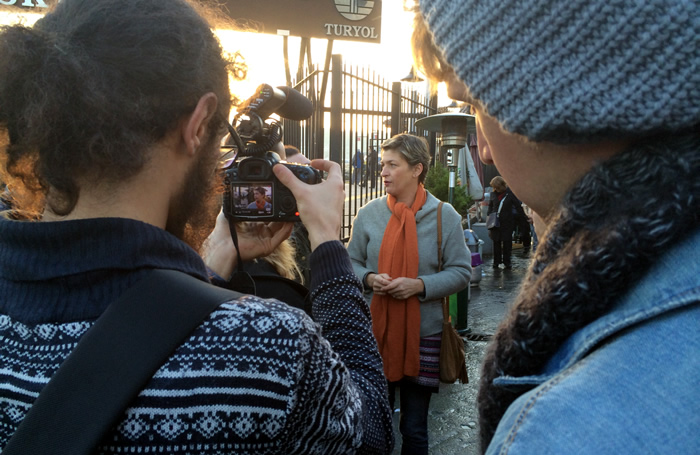 The second video workshop “Chance of Diversity” started at SALT Galata in Istanbul on 15th, 16th, 20th and 22rd of May. The workshop continues through 2014 in Istanbul with participants from different backgrounds, not only forced migrants from the war zones but also people who choose Turkey as a host country and people from Istanbul.
The second video workshop “Chance of Diversity” started at SALT Galata in Istanbul on 15th, 16th, 20th and 22rd of May. The workshop continues through 2014 in Istanbul with participants from different backgrounds, not only forced migrants from the war zones but also people who choose Turkey as a host country and people from Istanbul.
Dance Workshop
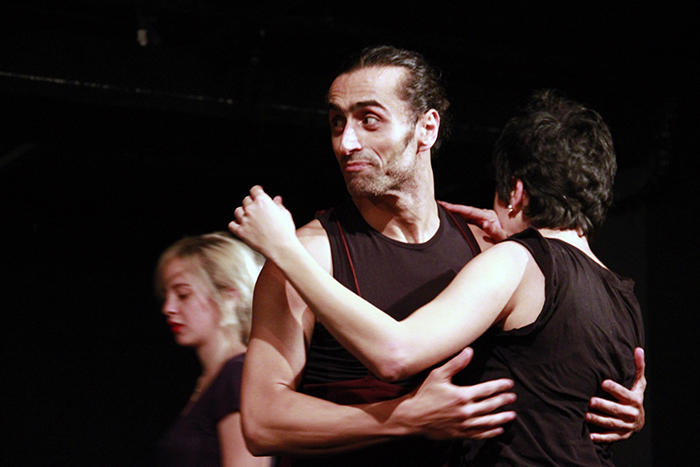 The last dance workshop with Ziya Azazi took place April 6 – 11, 2015 in Istanbul at the Dancenter in Harbiye, Istanbul. At the end of the workshop we organized an after workshop presentation for the public.
The last dance workshop with Ziya Azazi took place April 6 – 11, 2015 in Istanbul at the Dancenter in Harbiye, Istanbul. At the end of the workshop we organized an after workshop presentation for the public.
The participation was free of charge and the workshop was open for migrants and Turkish citizen as well.
Learn more
Theater Workshop
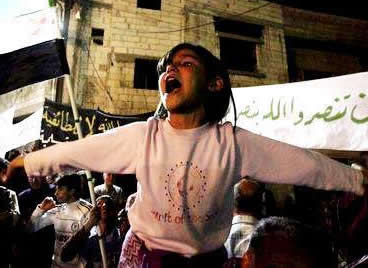 Young Syrian musician and actress Batool Mohamad is displaced from Homs, one of the centres of Syrian resistance. She got famous with music clips, she shot with handycams and which where shared on the Internet. They are ridiculing the Terror of the Islamic State in a courageous satirical way. Batool Mohamad worked on short dramatic scences with ten refugee children in the age group of 11-16.
Young Syrian musician and actress Batool Mohamad is displaced from Homs, one of the centres of Syrian resistance. She got famous with music clips, she shot with handycams and which where shared on the Internet. They are ridiculing the Terror of the Islamic State in a courageous satirical way. Batool Mohamad worked on short dramatic scences with ten refugee children in the age group of 11-16.
Searching Traces in the Press
إلى جانب العديد من الصدمات كالتعرض لمشاهد الحرب والقصف والتعذيب بالإضافة لوجود توثيق لانتهاكات حقوق الانسان على الانترنت من قبل الدولة الاسلامية و جماعات متطرفة أخرى ونظام الأسد. المدربين سينقلون مهاراتهم للمشاركين لمساعدتهم في التعبير عن تجاربهم المختلفة والبحث عن وجهات نظر جديدة كهدف أساسي.
Batool Mohamad
Theatre workshop instructor
Özgür Ulusoy
editor, translation and coordination
Thomas Büsch
concept, management and workshop instructor









